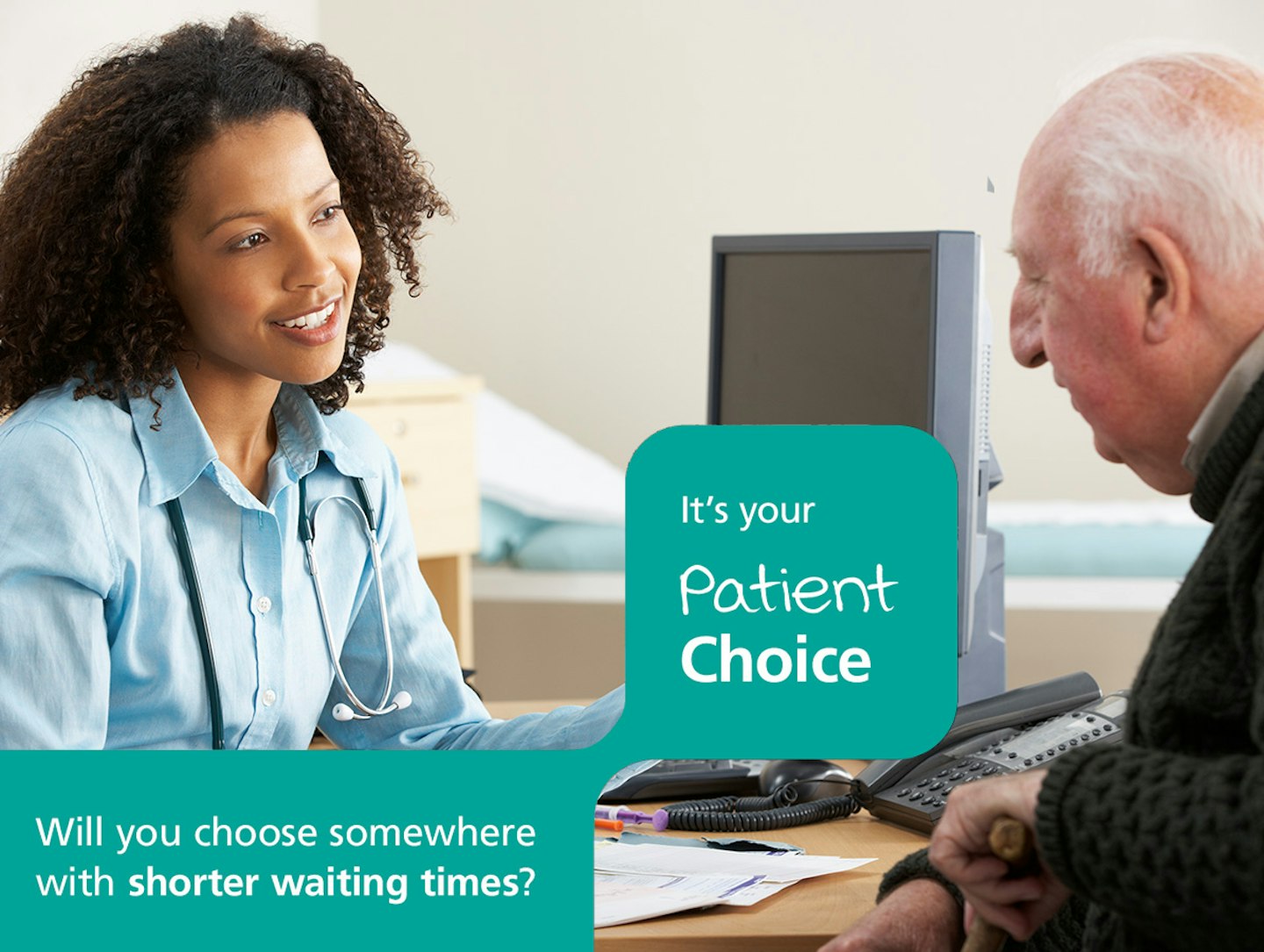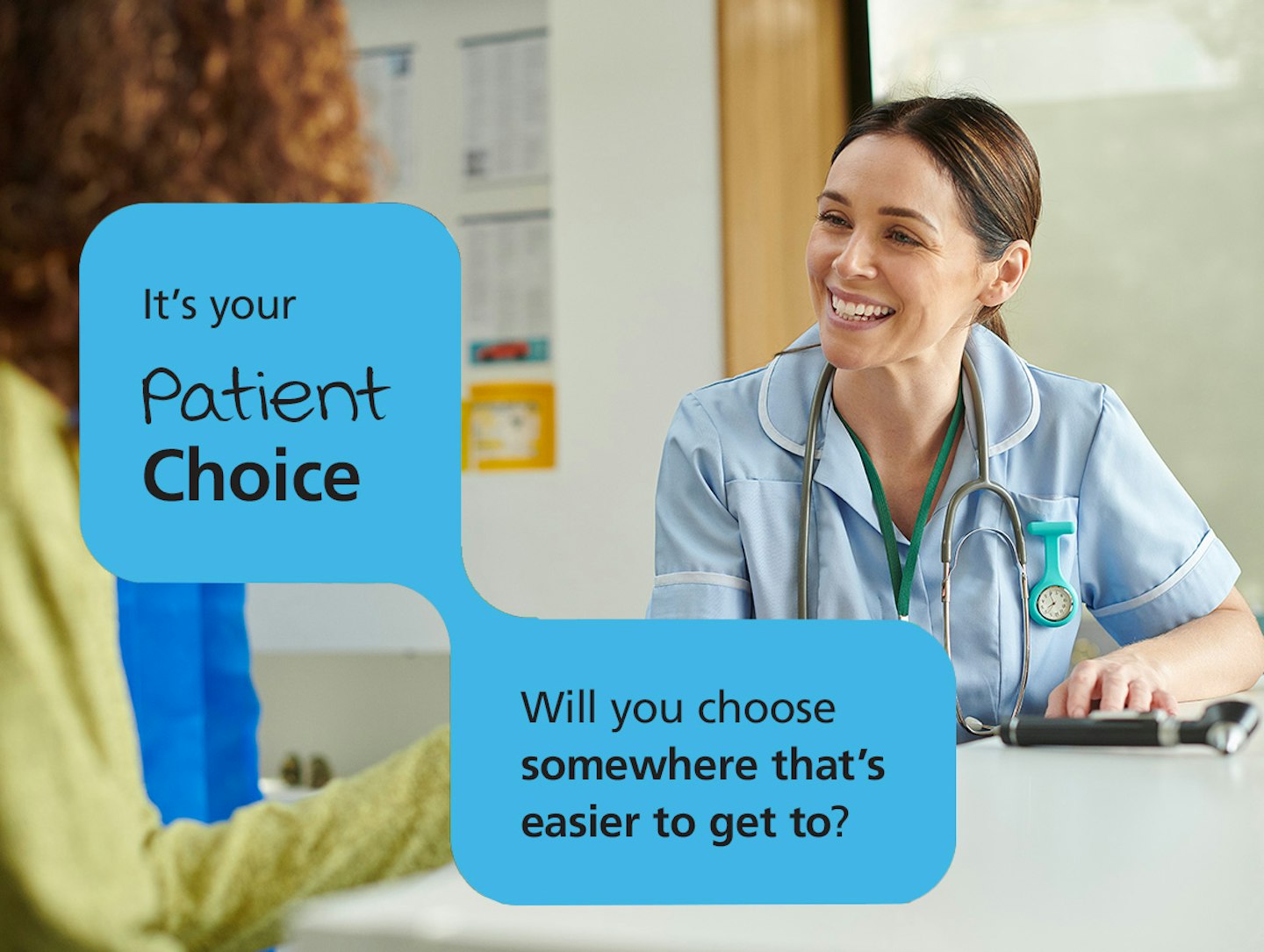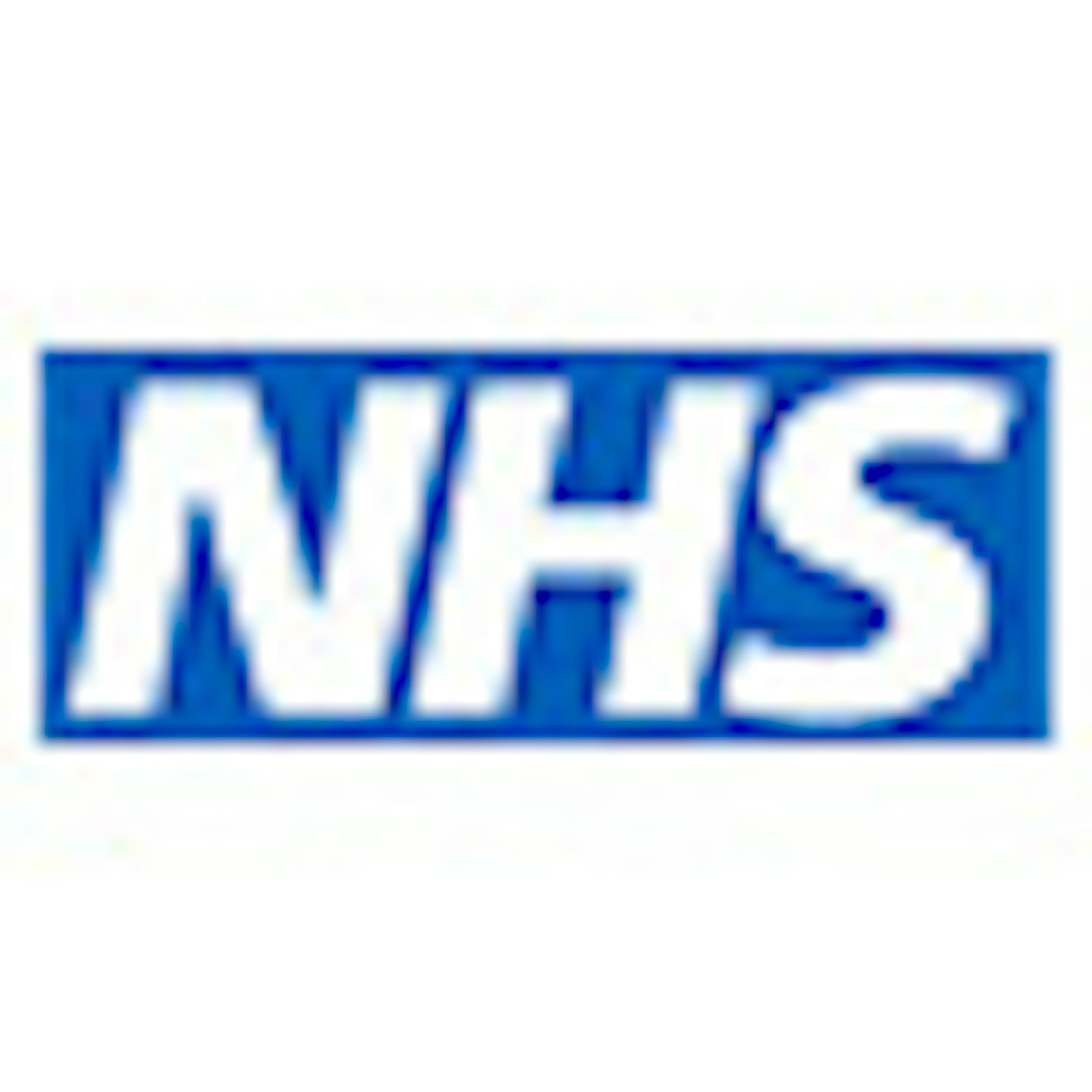Every week, around 350,000 people in England are referred by their GP for specialist care. According to the NHS e-Referral Service open data dashboard, there were almost 1.8 million referrals made in January alone.
You might expect that if you are referred, you’ll automatically be sent to your local hospital. But in reality you have a right to choose where you are treated. In most circumstances you can make a choice on where you receive treatment.
So, what are your options, what happens at your GP appointment, and what should you consider when making your decision?

How it works
In England, if your GP or other healthcare professional suggests you need to be referred to a specialist, in most routine (non-urgent) cases you have the right to choose the hospital or provider you’d like to go to.
Depending on what’s most important to you, your GP can give you options.
As well as NHS hospitals, other options you could be given could include independent hospitals that provide services to the NHS, at no cost to you.
You can make your decision then and there at your appointment. But if you’d like more time to consider your options your GP practice can provide you with a list, so you can access information at home and think it over.
It can feel daunting to be referred to a specialist. You may need time to process everything. Having a chance to take that time before committing to the next stage can help you to feel more in control and understand what’s involved.
You can look up waiting times and distance on the My Planned Care website (myplannedcare.nhs.uk), where you’ll be able to search by region and speciality.
You can then choose your desired hospital on the NHS App, online, or by calling the national referral helpline.

PEOPLE ARE SURPRISED AND HAPPY THAT THEY ARE ABLE TO CHOOSE
“Patient Choice gives people autonomy,” says GP Dr Natalie Rout. “People want to be able to say, ‘I made an informed decision about where I went.’ I think it means they are more likely to attend their appointments if they feel part of the decision-making process.” According to Dr Natalie, most patients she sees will make their decision based on two key factors. “Waiting times are the biggest priority and location is the second,” she says. “When we do a referral, we get a idea of how long the waiting time is for each hospital, so we are able to give an approximate time frame to patients. I will be up front and say, ‘This is your closest hospital; however, the waiting time is two times longer than if I sent you to another hospital. What would you prefer?’ For some people, it doesn’t matter. I have a lot of elderly patients who will wait for their local hospital, even if that means waiting another six months.” For those who choose the fastest option, Dr Natalie sees benefits for both the patient and the NHS. “It helps if people are able to be triaged out to places with the shortest waiting times because then it’ll even out some of the longer waiting times at their local hospitals,” she says. “You can also go to private hospitals and clinics that provide NHS services, which people don’t realise. Generally, people are very surprised and happy that they are able to choose. You can use recommendations, do your own research, see what’s convenient for you and fits into your lifestyle.”

Things to consider
With Patient Choice there are things to consider, including location and timing.
Being able to choose your preferred hospital may mean you can be closer to your support network, have an easier journey, or be seen more quickly.
If a potentially arduous treatment programme, or a lengthy or difficult period of recuperation lies ahead, then choosing a hospital that’s close to family or friends could be a great option.
If you’re looking at regularly travelling to and from appointments, you might make your choice based on how easy travel is. What public transport is available? Is there parking on site? These might all be things worth thinking about.
For some, waiting time is their most important consideration. Selecting a hospital with the earliest availability may mean you can be seen sooner.
Knowledge is key – know your options, know the pros and cons of each and use that knowledge to make an informed choice.
To find out more, visit nhs.uk/patientchoice
There are some circumstances where you do not have a legal right to choose through Patient Choice. This includes; if you need urgent or emergency treatment, if you’re serving in the armed forces, if you’re accessing maternity services, or you’re detained under the Mental Health Act.
If none of these apply, you can ask your GP to give you options of where to be referred.

